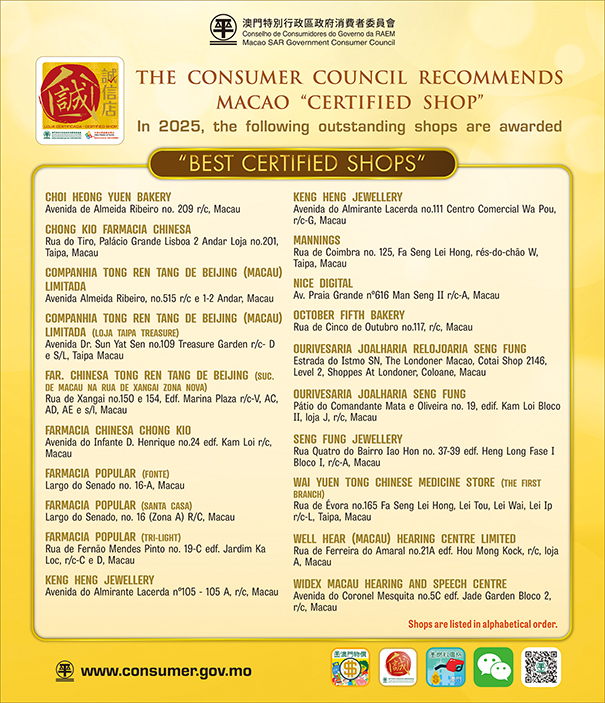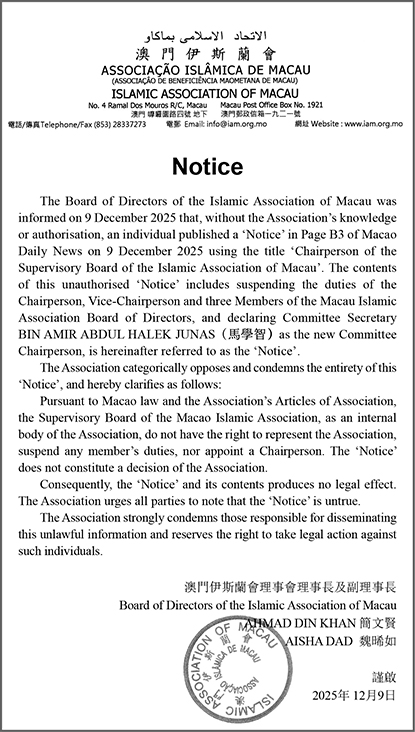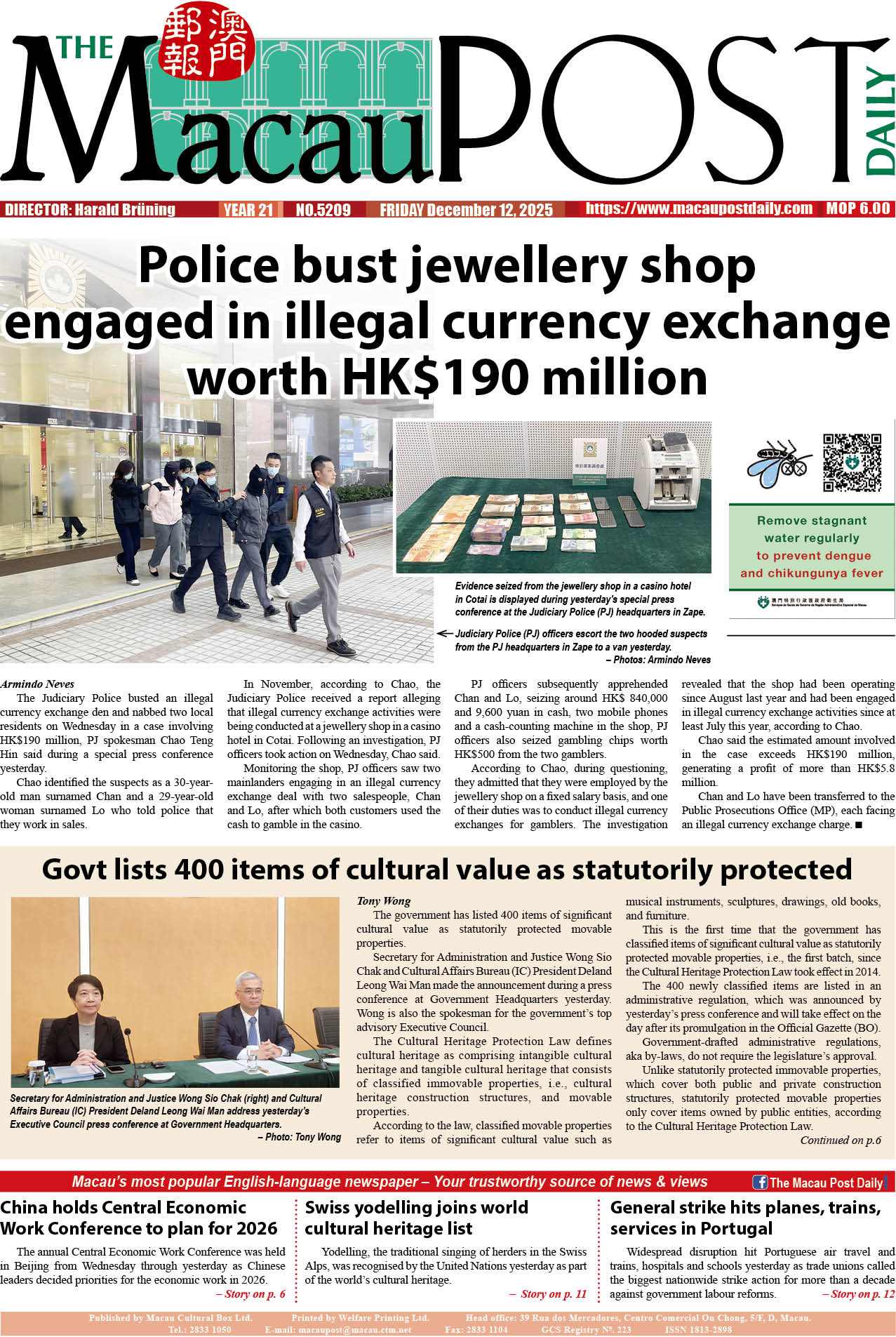When Swindon in Lock Road, my favourite bookshop in Hong Kong for four decades, closed for good on Friday I couldn’t help but take pity, once again, on the Fragrant Harbour.
According to Hong Kong media reports, the famed bookshop’s demise was due to a variety of reasons such as the economic impact of the COVID-19 pandemic and a years-long rent dispute with the landlord. It may sound like a hackneyed phrase, but Swindon, which opened in 1918, was surely an institution. I will miss it. Let’s hope that my other preferred bookshop in Asia, Kinokoniya at Siam Paragon in Bangkok, will remain in business for many years to come.
Incidentally, my favourite cinema in Asia, the 1,000-seat Scala in Bangkok also closed forever last month. It had shown films since 1969, and it was the first cinema in Asia where I saw a film, “The Electric Horseman” of all films, in 1980. Well, ours is a world in flux but that shouldn’t stop us from getting sentimental once in a while about all the changes occurring all the time, as a sexagenarian in particular.
No doubt, Hong Kong and Bangkok are two of the world’s greatest cities, and both have been severely affected by the novel coronavirus pandemic. Because of the COVID-19 menace I wasn’t able to pay misty-eyed farewell visits to Swindon and the Scala. Of course, health comes first, and I completely agree with strict travel curbs for the simple reason that they save lives. The local government has been absolutely right to severely curtail travel, although the measure has been a pain in the neck for all of us. Let’s be patient and reasonable.
Hong Kong’s particularly pitiable situation is different from Macau’s as it is due to an unfortunate combination of political and health-care circumstances.
Last week’s embarrassing U-turn by the Hong Kong government after letting restaurants reopen for breakfast and lunch following a one-day dine-in ban showed that experts’ advice is not always helpful, as Mary Ma rightly pointed out in her The Standard editorial on Friday. Ma said that the ill-conceived ban was based on the advice of some of Hong Kong’s top medical scientists who had been vocal in calling for a blanket ban on dining-in at restaurants.
I always thought that politicians ought to listen to as many experts and civic leaders as possible before coming up with decisions that affect the citizenry. Unlike civic leaders, many experts live in ivory towers and their supposedly scientific advice is often at odds with conditions on the ground – last week’s heartrending photo of an old man in Hong Kong kneeling on the pavement in front of a closed eatery to finish his lunch box was a stark reminder of the deplorable consequences of ill-thought-out government decisions.
On the other hand, Hong Kong government’s decision on Friday to postpone the Legislative Council elections originally scheduled for next month is drastic but understandable, considering the worsening COVID-19 predicament in the special administrative region of 7.5 million inhabitants. Voters’ lives matter. According to the International Foundation for Electoral Systems (IFES), 109 elections in 64 countries and eight territories have been postponed because of COVID-19.
One can only hope that Hong Kong’s election postponement until next year will also help calm the city’s political situation down after last year’s riots and vandalism driven by identitarian and pro-independence activists who, among other things, called on foreign governments to impose sanctions on China. Unsurprisingly, this resulted in the central authorities coming up with a national security law for Hong Kong and returning officers in Hong Kong barring 12 opposition figures from standing in the ballot.
Politics and chemistry have one thing in common: both cause reactions. How was it possible for Hong Kong’s opposition protesters not to foresee Beijing’s reaction to their activities that were directly challenging the latter’s most fundamental principles such as territorial sovereignty and its ultimate jurisdiction over the special administrative region.
My hope is that Hong Kong will be able to get over its political and COVID-19 issues as soon as possible. This is also in Macau’s interest. Before this year’s novel coronavirus pandemic Hongkongers accounted for about one-fifth of our city’s visitor arrivals, and a large chunk of Macau’s overseas passenger and cargo traffic depends on Hong Kong – and many of us would like to visit Hong Kong once in a while again for a variety of reasons such as to buy English-language books or XXX-sized clothes.
It was common in Macau in the 1990s to hear the claim that when Hong Kong sneezes Macau comes down with pneumonia. I think that was rather exaggerated even then but nowadays it is certainly no longer true. Macau is no longer Hong Kong’s poor cousin. In fact, Macau has become Hong Kong’s rich uncle.
However, as both special administrative regions are integral parts of the “One Country, Two Systems” principle, nobody in their right mind in Macau should gloat over the many problems that Hong Kong is facing. If Macau doesn’t remain careful in handling its public affairs, we could one day end up in a similar conundrum.
– Harald Brüning










